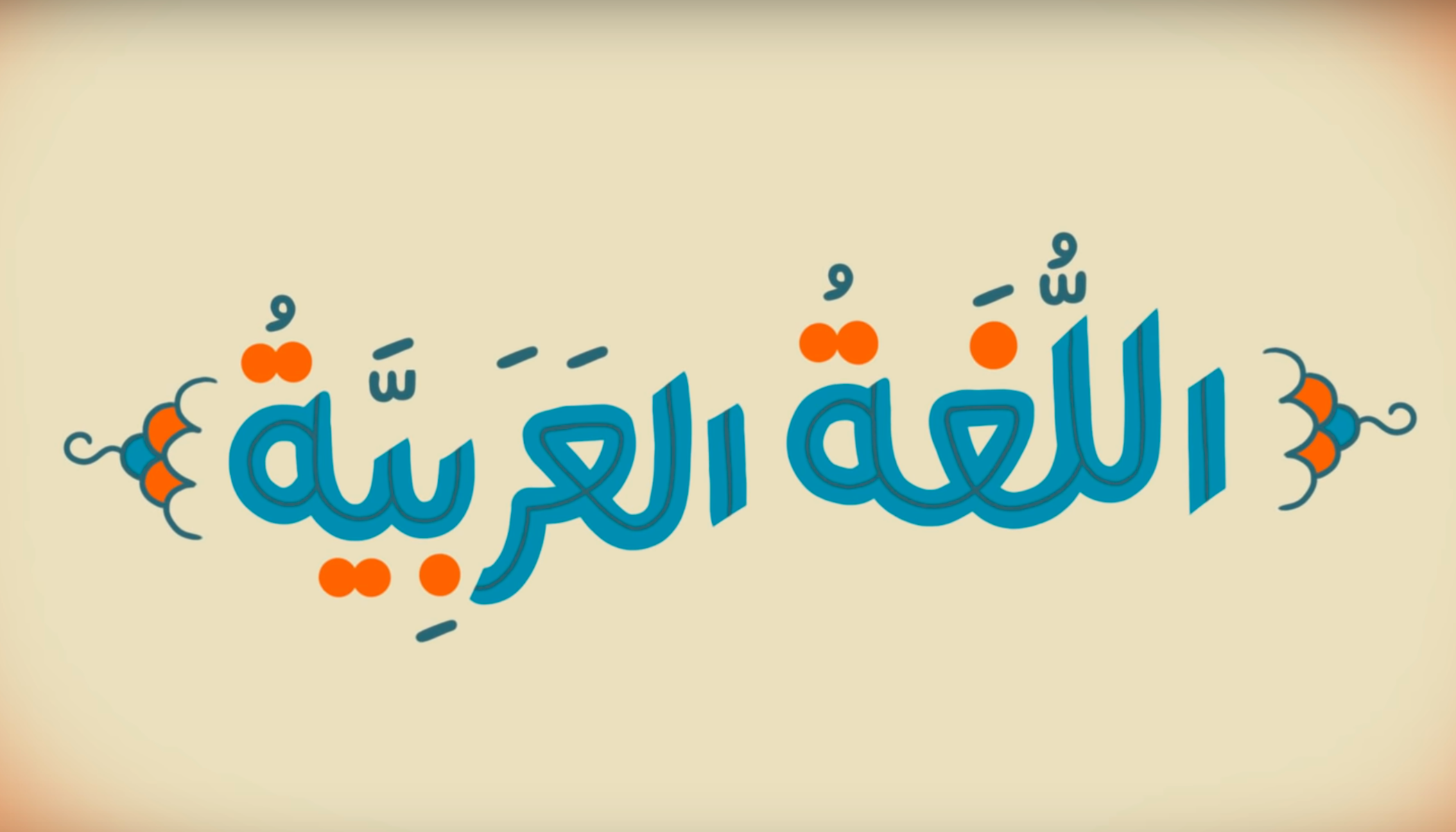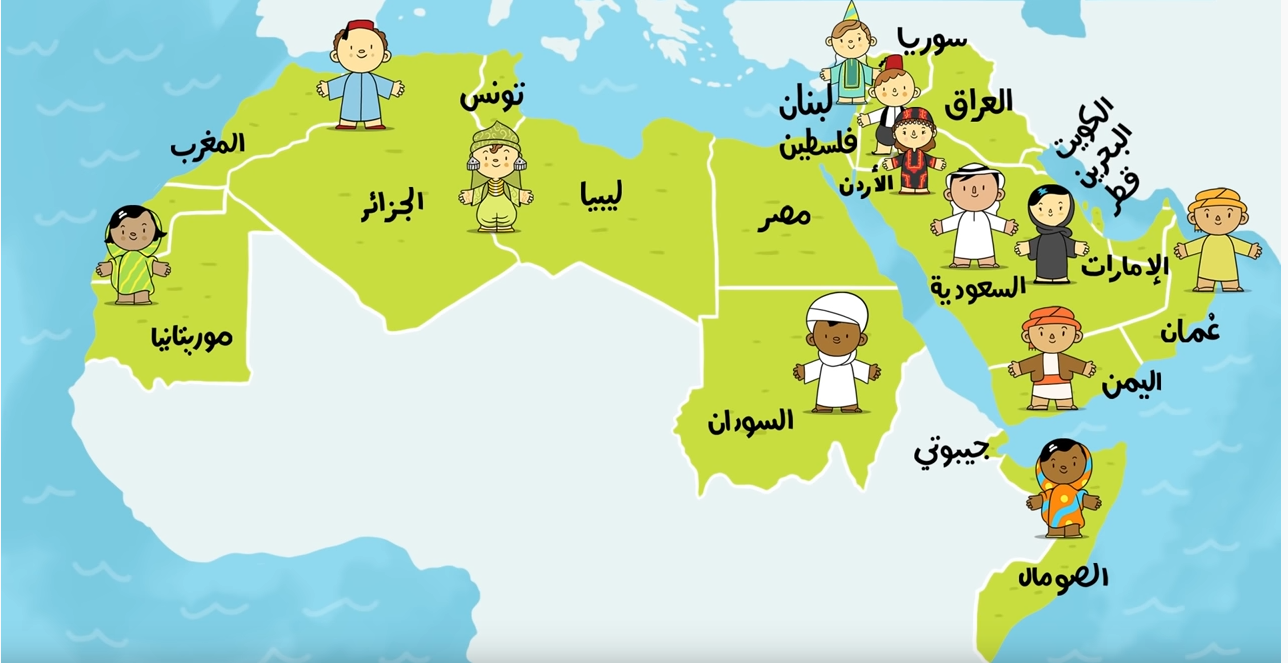How do we attract children to their mother tongue?
Written by Dr. Razan Ibrahim
It is not difficult for us to monitor our success or failure to present the child’s literary material. Whether it is a song or a story, children have spontaneous reactions that are not courteous, and which move them to interact and react, or to totally escape from what is presented to them.
In this context, language is one of the most important factors that control how children receive what is presented to them. It must be emphasized that when writing for children we must take great care to use clear, stylized and concise language. This helps children absorb the idea without getting tired, especially when they are young and have little patience.
While writing for children, we are keen to increase their vocabulary and teach them new words. That being said, this must be done gradually, by not adding too many new words that they might not use in their daily life. When new vocabulary is introduced, we help children understand them using images and illustrations that embody and explain the meaning of these words. We must avoid dumping the vocabulary in a text for the sole purpose of increasing vocabulary, doing that, creates a state of alienation with classical Arabic.
This idea is especially noticeable in Samah Edrees, the editor-in-chief of the Journal of Arts, who expressed indignation against writers and linguists who deal with language as an embalmed being, isolated from daily life and external influences. While writing, Edrees chooses simple and easy language, and is flexible when choosing his words. He focuses on simple vocabulary that is shared by Fusha and Colloquial, ones that sound musical and rhythmical helping indicate their intended meaning. In this way, children can relate these stories to their daily lives as opposed to feeling confused by them.This idea is especially noticeable in Samah Edrees, the editor-in-chief of the Journal of Arts, who expressed indignation against writers and linguists who deal with language as an embalmed being, isolated from daily life and external influences. While writing, Edrees chooses simple and easy language, and is flexible when choosing his words. He focuses on simple vocabulary that is shared by Fusha and Colloquial, ones that sound musical and rhythmical helping indicate their intended meaning. In this way, children can relate these stories to their daily lives as opposed to feeling confused by them.
By creating stories, and using language and sentence structures that are commonly used in children’s daily lives, we can ensure that children do not feel alienated by Arabic, and ensure that they don’t abandon their mother tongue, clinging to another alternative, seemingly simpler language.



